Following the trend of posting photos of "rich women and tycoons being fined by traffic police" can run into legal risks.
Recently, on social networks, there has been a trend of posting photos of "rich women and tycoons" standing next to luxury cars, posing professionally while being fined by traffic police (actually a simulated image created by AI) to attract interactions and views.
Although most of the posts were labeled “AI-generated images” and were intended to be entertaining, the trend quickly became controversial, with many concerned that the use of fake images of law enforcement could be misleading, distort the truth, or spread misinformation.
Regarding this issue, lawyer Dang Van Cuong, Head of Chinh Phap Law Office, said: Posting these photos on social networks is a violation of the law. This is an act of posting false information on cyberspace, violating Article 8 of the Law on Cyber Security.
According to lawyer Cuong, depending on the nature and severity of the violation, depending on the motive for committing the violation as well as the consequences caused, the violator will be subject to administrative sanctions or criminal sanctions in some cases (if the consequences are determined to be dangerous to society).
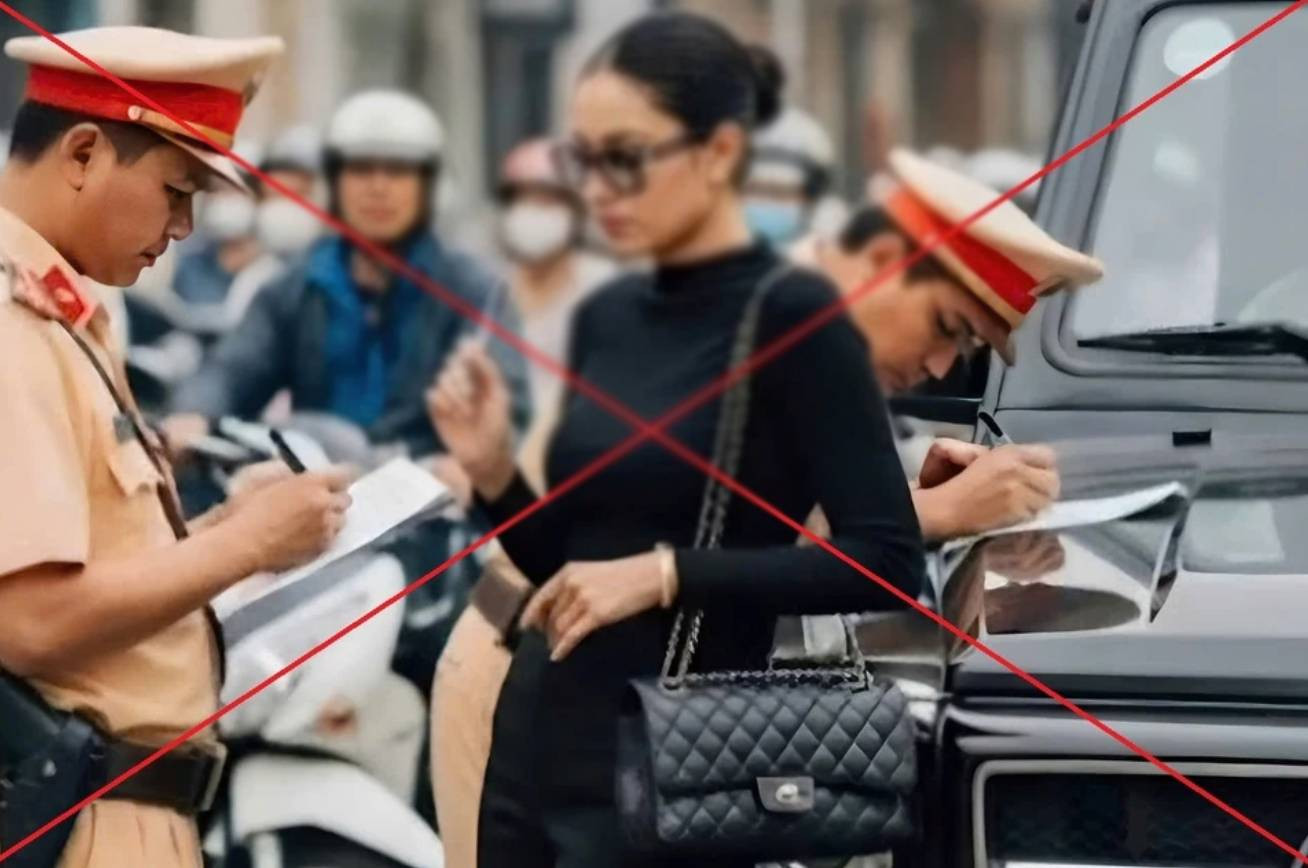
In addition, Point a, Clause 1, Article 101 of Decree 15/2020/ND-CP, amended by Clause 37, Article 1 of Decree 14/2022/ND-CP, also stipulates: A fine of 10-20 million VND shall be imposed on acts of taking advantage of social networks to provide and share fake information, false information, distorted information, slander, and insulting the reputation of agencies, organizations, honor, and dignity of individuals.
In some cases, the act of providing false information is abusive, has bad purposes and intentions, and has a negative impact on security, order, and social safety, and can also be subject to criminal prosecution. For example, the crime of providing illegal information on the Internet under Article 288 of the Penal Code, the penalty is up to 7 years in prison.
According to lawyer Cuong, the image of simulated traffic police punishing people in the middle of the road that constantly appears on social networks can cause negative psychology and give rise to distorted perceptions.
Images of the offender's attitude also show a sense of contempt for the law, which can have a negative impact on society.
That image can also lead to negative comments, disrespectful assessments of law enforcement officers, which can affect the reputation of the traffic police force and social order and safety.
Therefore, the act of providing false information causes different consequences and violators will be handled in different ways.
Some people will only be punished for administrative violations, but there will also be cases where they will be criminally prosecuted if they cause consequences that negatively affect security, order, and social safety, especially if the distorted content affects the reputation of the authorities and the awareness of law enforcement.
“When the authorities get involved, they will consider and evaluate each case, determine the purpose of posting the image, the content posted, the comments, and the consequences that the behavior has caused to society, to consider applying sanctions in accordance with the provisions of the law,” said lawyer Cuong.

According to VNN
Source: https://baothanhhoa.vn/canh-bao-trao-luu-bat-trend-dang-anh-phu-ba-dai-gia-bi-csgt-xu-phat-254457.htm


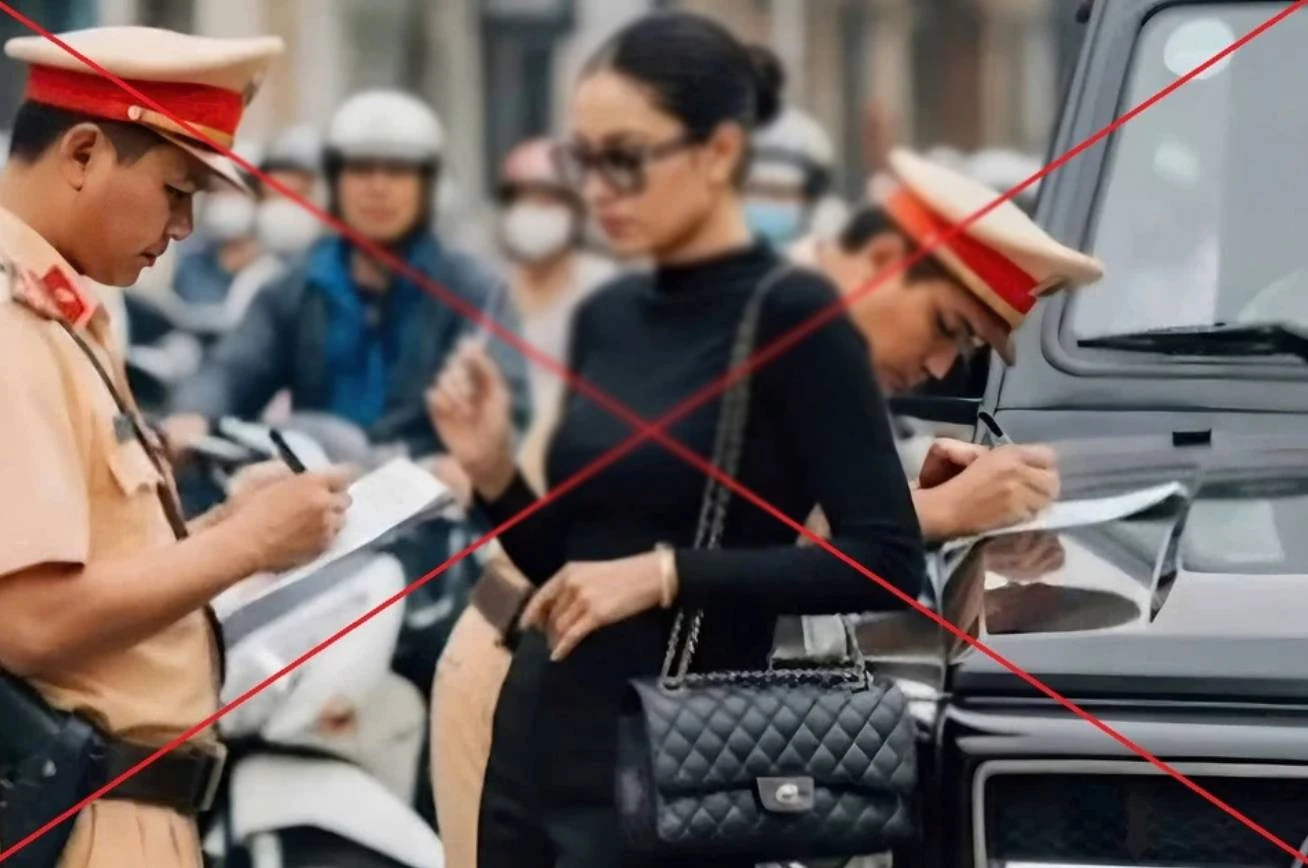
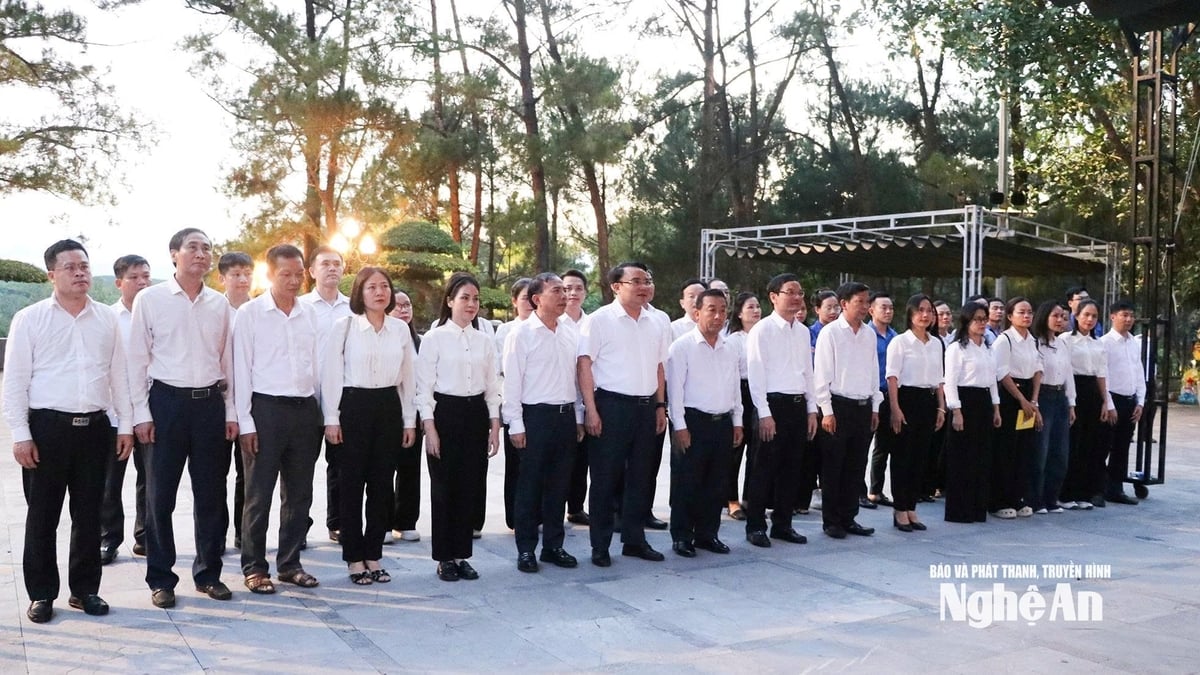



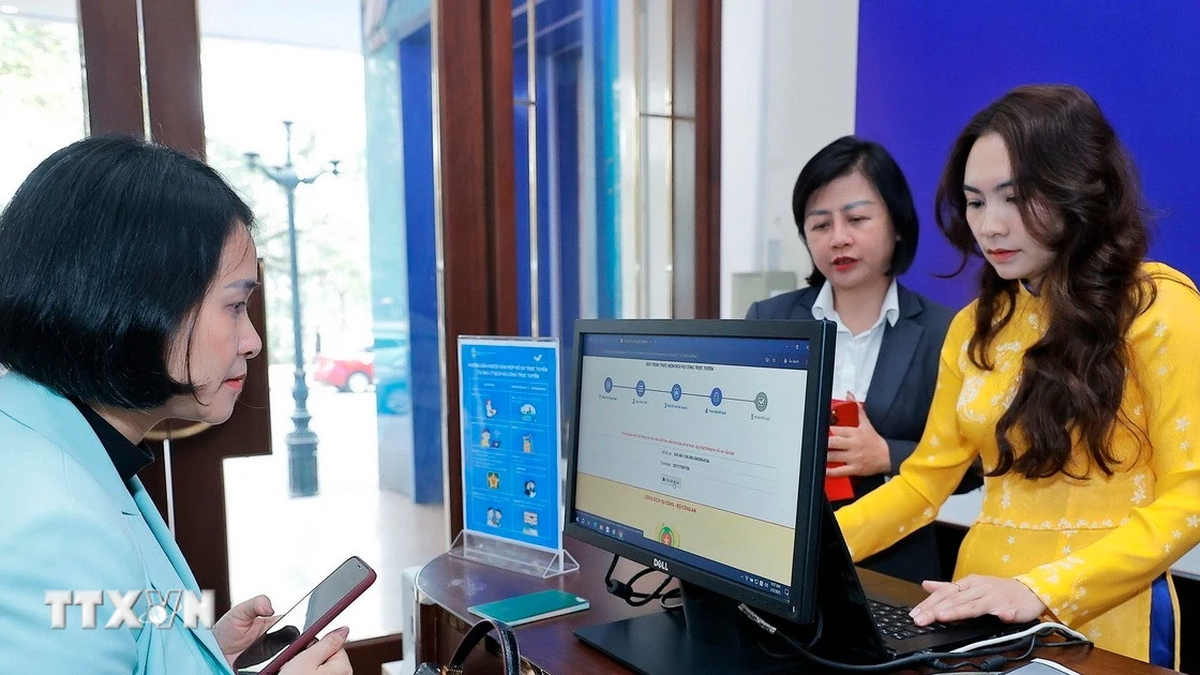

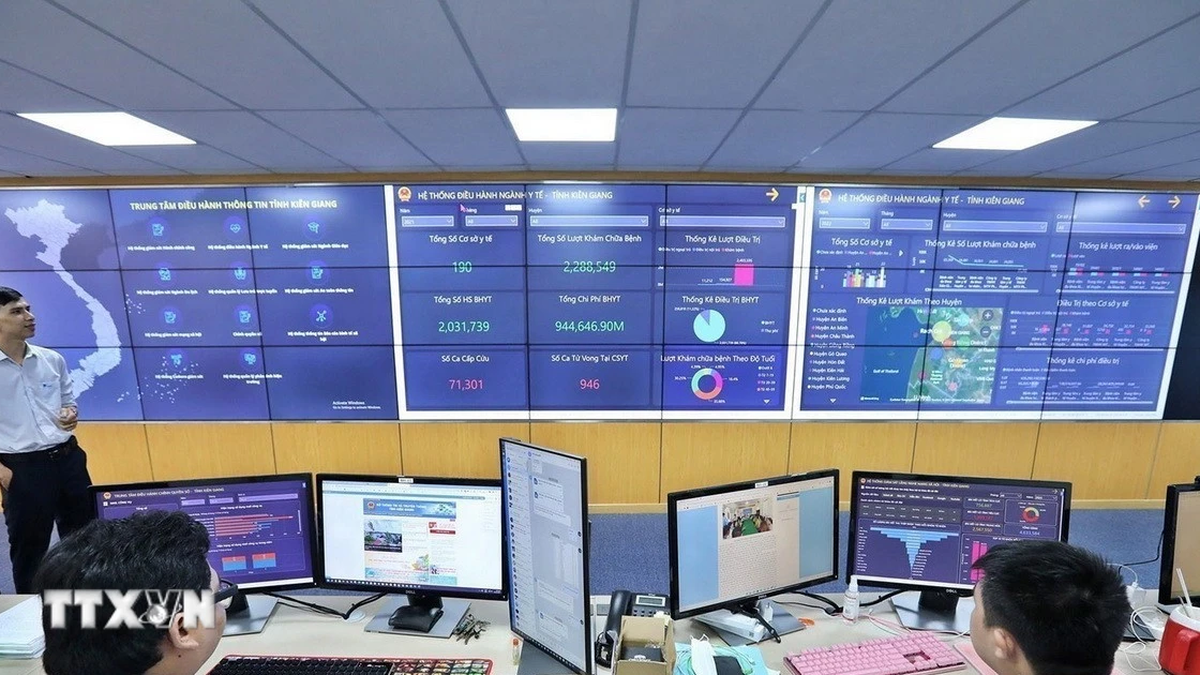
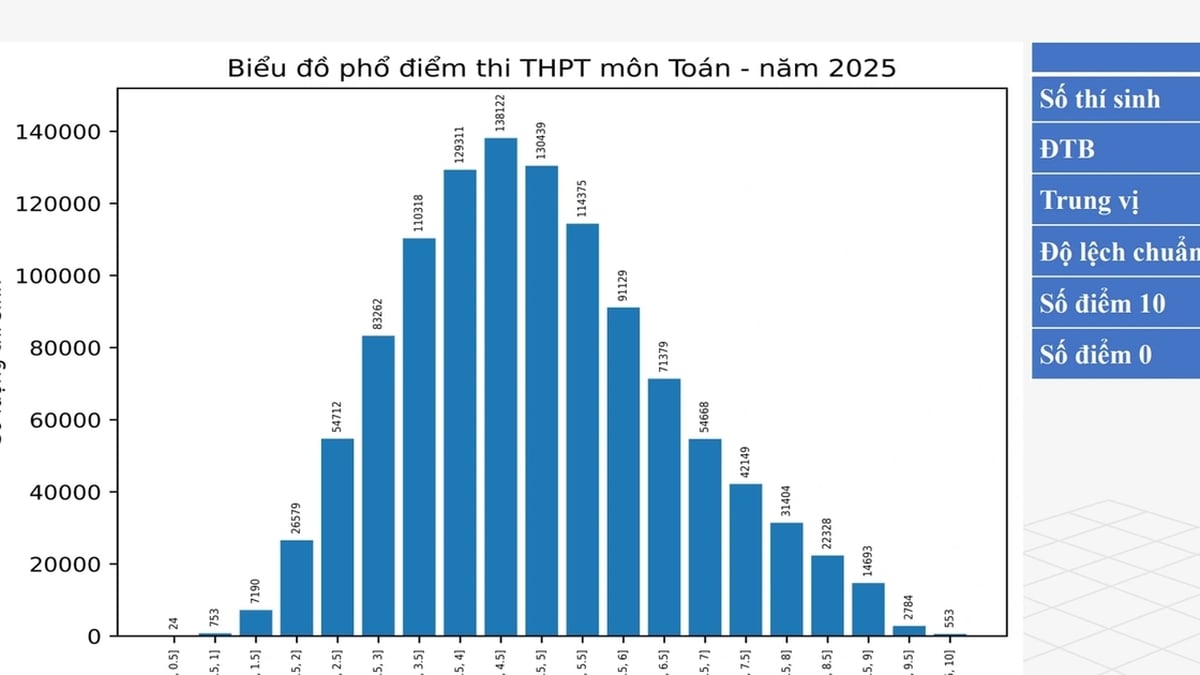
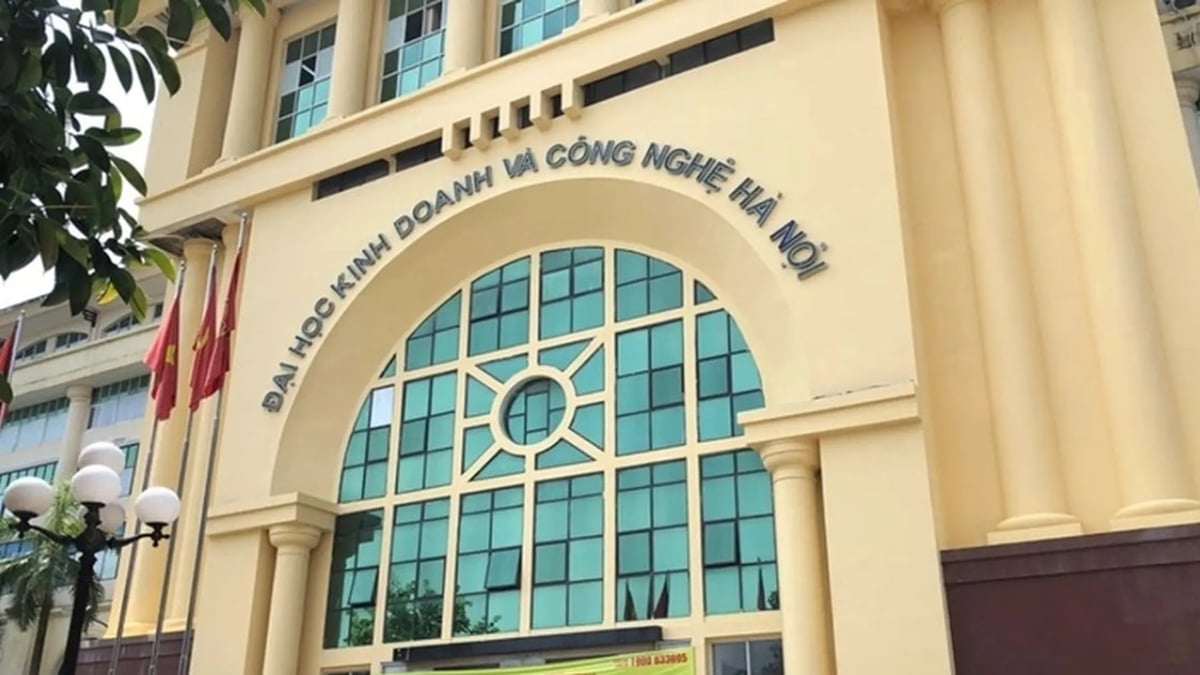
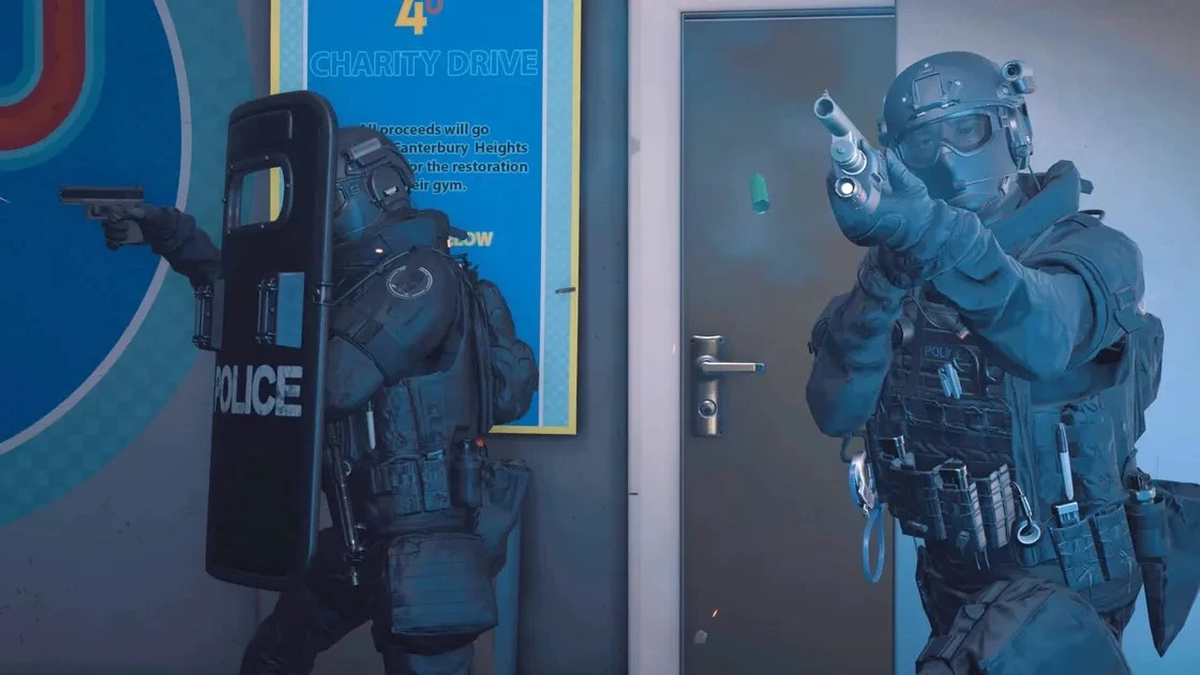






















































































Comment (0)